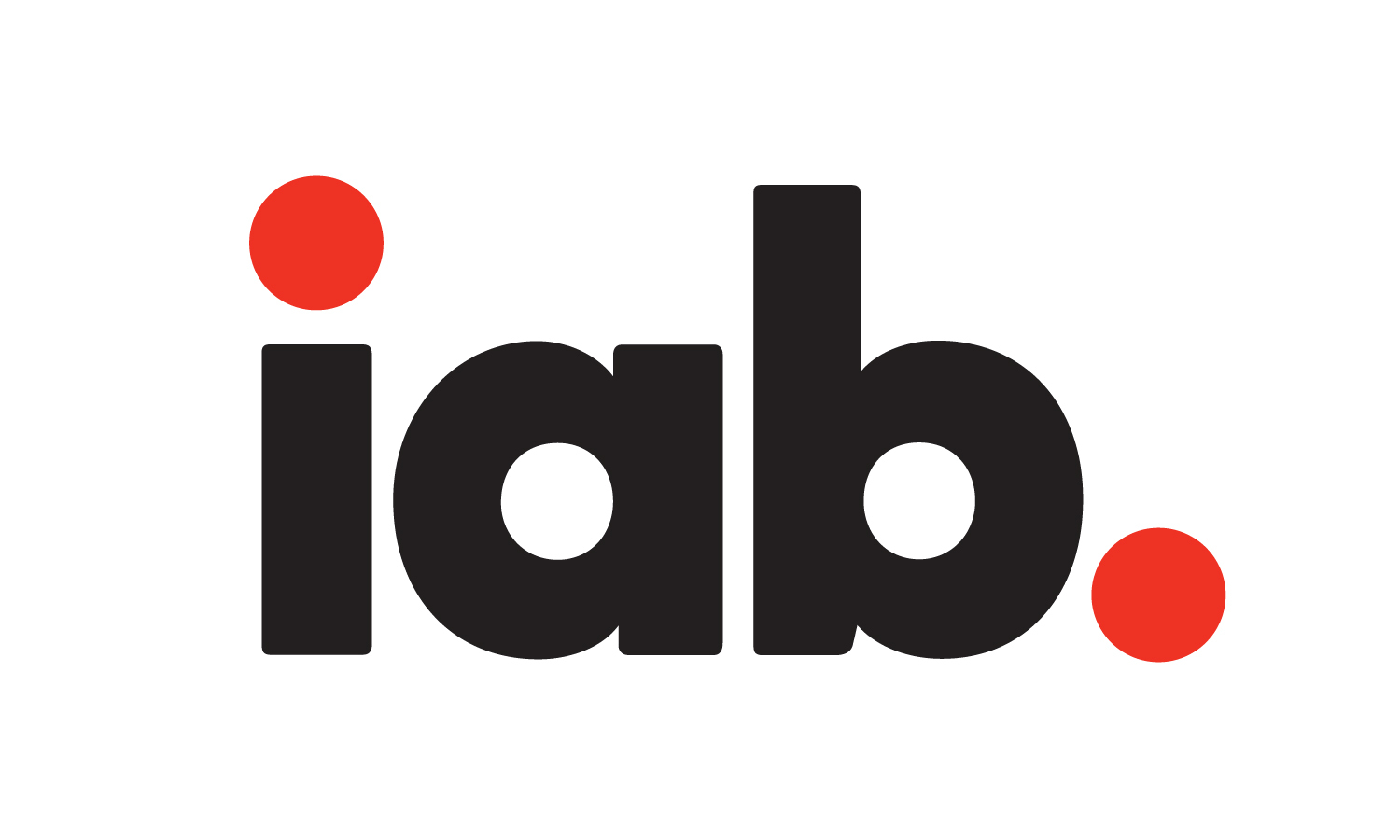FCC committee considers SMPTE closed-captioning standard for online video mandate
The professional video industry's #1 source for news, trends and product and tech information. Sign up below.
You are now subscribed
Your newsletter sign-up was successful
A Federal Communications Commission (FCC) Advisory Committee has recommended that a standard for the closed-captioning of online video content, developed by the Society of Motion Picture and Television Engineers (SMPTE), be adopted by the FCC in its implementation of the 21st Century Communications and Video Accessibility Act (CVAA).
The CVVAA is designed to ensure the accessibility to broadband, wireless, and Internet technologies for people with disabilities. The standard, known as “SMPTE Timed Text,” was recommended in a report by the FCC’s Video Programming Accessibility Advisory Committee (VPAAC).
.
The FCC is said to be reviewing the report and SMPTE’s Timed Text standard (aka, ST 2052-1-2010) as it prepares its CVAA regulations.
In making its recommendation, the VPAAC noted that the SMPTE Timed Text standard is already used in production environments to repurpose television content for Internet use; is specified as the caption and subtitle format for the Digital Entertainment Content Ecosystem’s “UltraViolet” format for commercial movie and television content; is specified in draft standards for Internet television delivery in the U.K., France, Germany, Italy and other European countries; and is currently being used by several video services and Internet video players.
The SMPTE Timed Text document is available free for download. The overview document ST 2052-0-2010, the Standard ST 2052-1-2010, and an FAQ about the standard and its use are available at https://smpte.org/standards/.
The CVVAA is important because in 2005, according to the U.S. Census Bureau, 54.4 million people reported some level of disability and 35 million reported a severe disability.
Currently, for the hearing impaired, watching videos on the Web is hit-or-miss. For example, YouTube’s voice-recognition software captions most of its library (with inconsistent results), while TV shows and news clips on CBS.com and CNN.com aren't captioned. ABC.com has captions for some of its shows, like “Dancing With The Stars,”, but not on others. Hulu captions some shows, and Netflix claims it is “working to fill in the library over time.”
The professional video industry's #1 source for news, trends and product and tech information. Sign up below.
WGBH’s Larry Goldberg told the “New York Times,” "Every generation of technology that comes out seems to be a bit late on accessibility."
